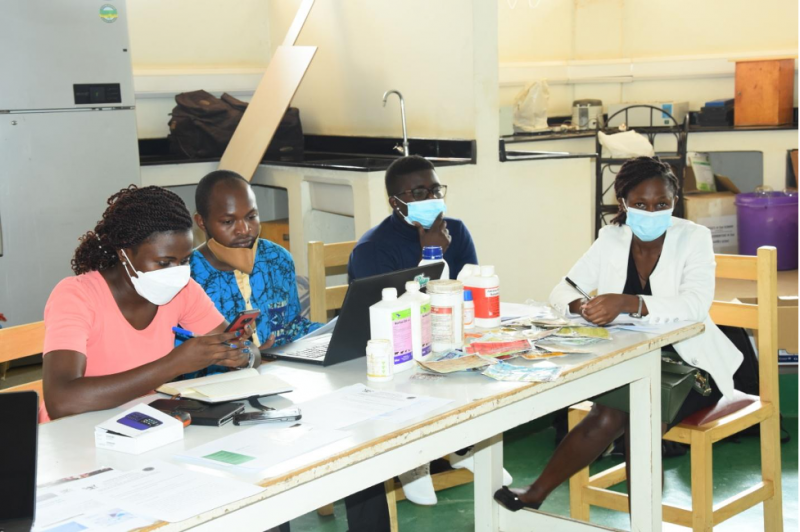
One of the most serious global public health issues facing mankind is antimicrobial resistance (AMR), which causes 700,000 deaths annually.
AMR is a natural process by which micro-organisms (bacteria, viruses, parasites, fungi and other pathogens) develop resistance to drugs used to fight them.
Researchers at Makerere University have developed an interactive information technology (IT) system for monitoring importation, distribution and usage of antimicrobials in livestock production systems in Uganda. The new technology functions through an interactive dashboard to capture import data in real time, and displays information in different formats to inform decisions. Additionally, the system that captures import, distribution/sales and utilization data, is also in process to be integrated with the National Drug Authority (NDA).
“AMR is a serious global public health challenge and threatens our ability to treat infectious diseases. This can affect society economically and in terms of health. AMR can lead to treatments becoming ineffective, making it more difficult to treat infections, and can then cause an increase in the risk of the disease spreading,” says Dr. Lawrence Mugisha, an associate professor at Makerere University’s College of Veterinary Medicine, Animal Resources and Biosecurity (COVAB) and the project’s principal investigator.

Dr. Lawrence Mugisha explains how the web-based system works
According to research, consumption of antimicrobials is the leading cause of AMR. Further, abuse and misuse of antibiotics and other antimicrobial drugs favours the development and spread of resistant microorganisms,which spread to humans through food consumption, from the environment, and from direct contact of humans with animals.

Part of the research team at COVAB that has worked with Dr. Mugisha
Resistant bacteria in livestock systems affect the maintenance of animal health, animal welfare and food safety. This has raised concern over potential public health implications due to a possibility to transfer resistant bacteria from animals to humans.
To tackle AMR, the new research utilises IT to understand what antimicrobials are consumed, their quantities and by what livestock production system. The study further established that many types of antibiotics are imported into Uganda annually, with Tetracycline ranking highest.
The initial phase of the research involved documenting the available data on different types and brands of antimicrobials in Uganda. The study established that data on antimicrobials imports was only available from 2017.
As the system nears its full development, the researchers say the data will play a critical role in informing surveillance and management of AMR.




